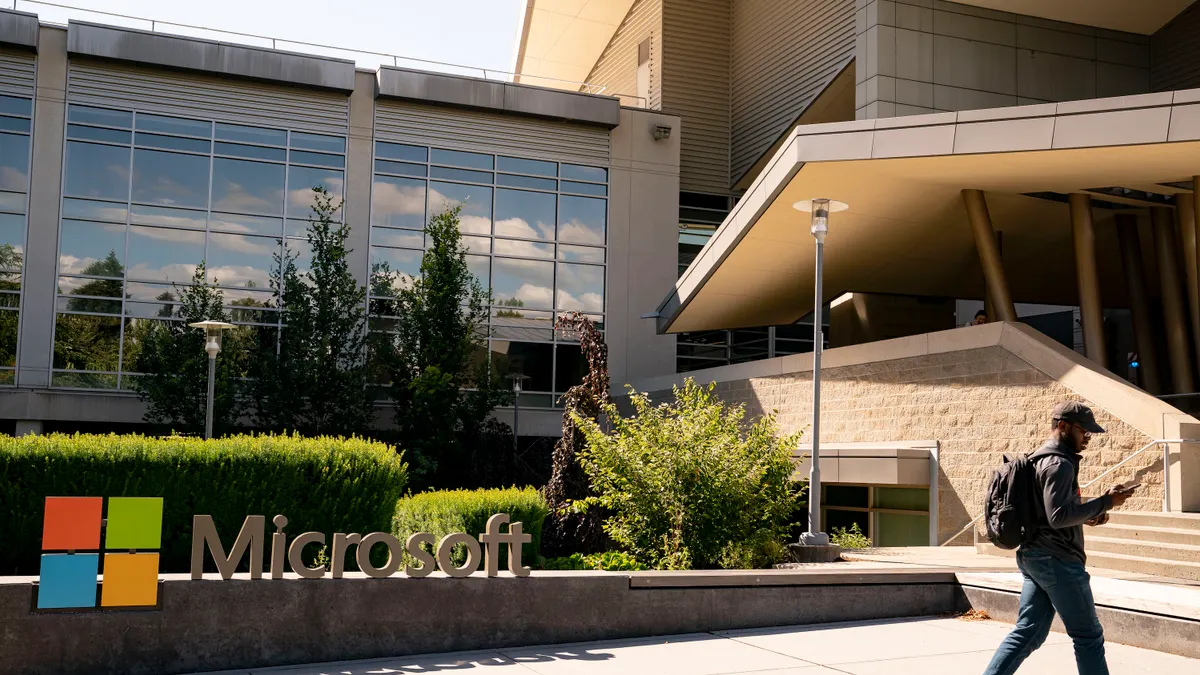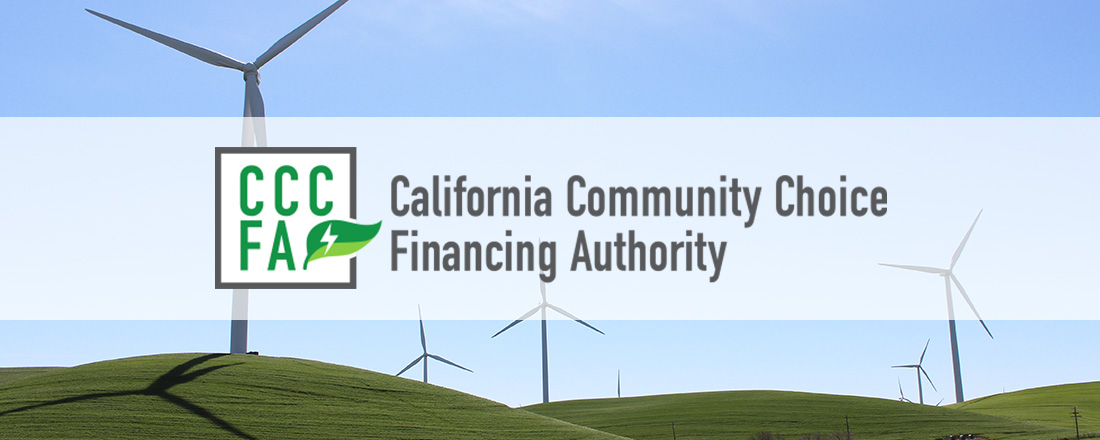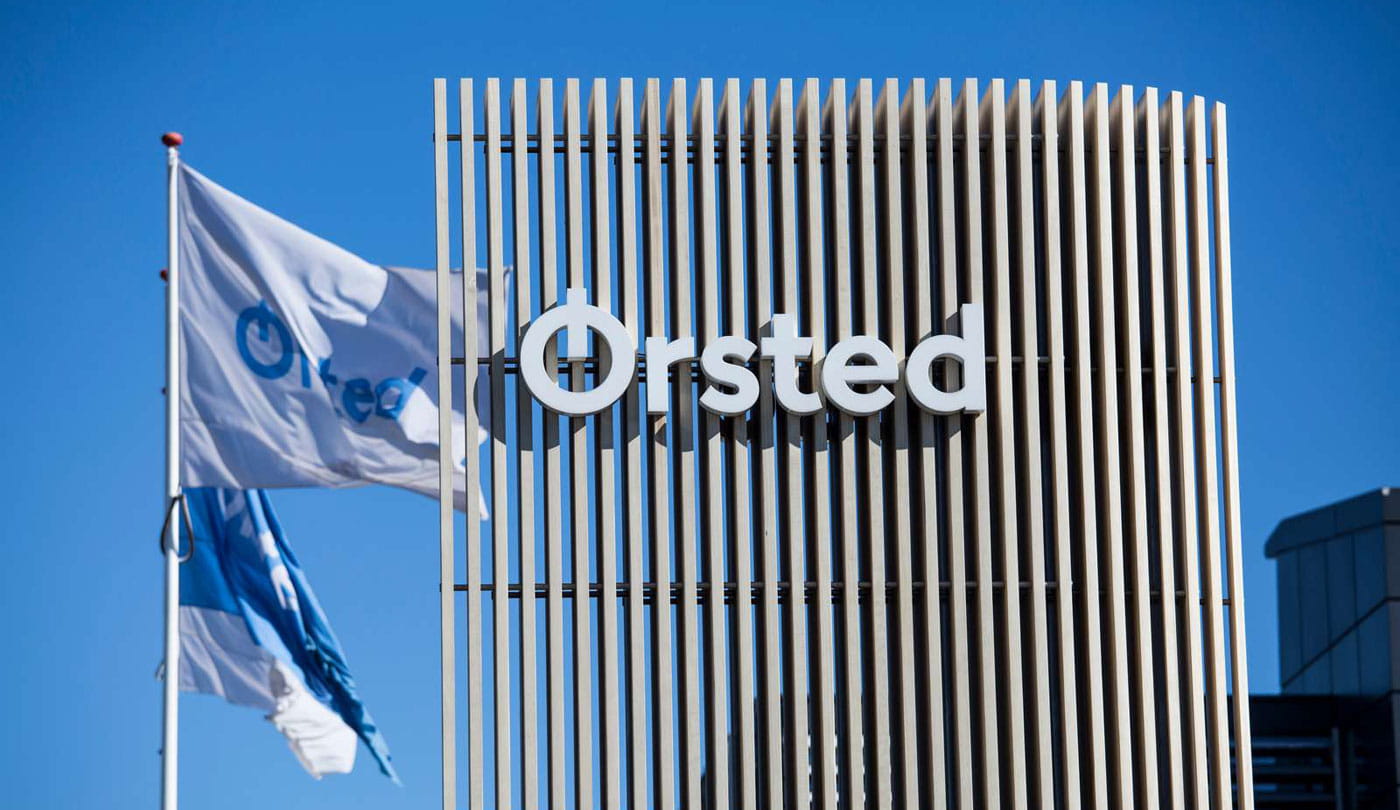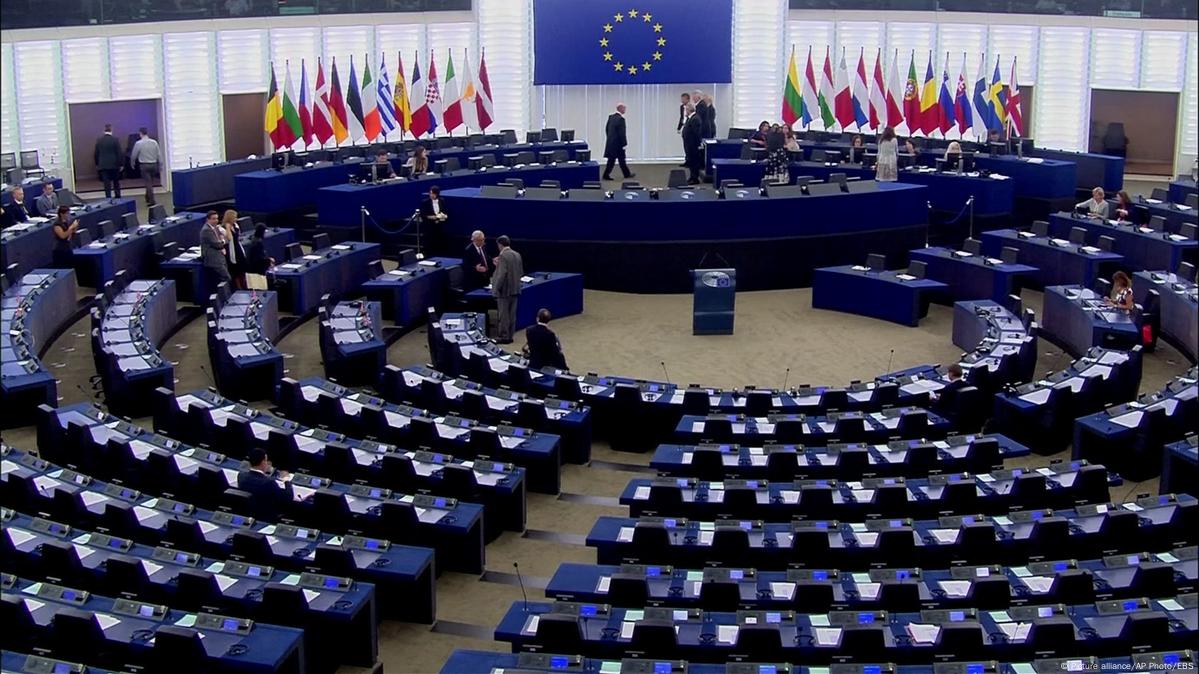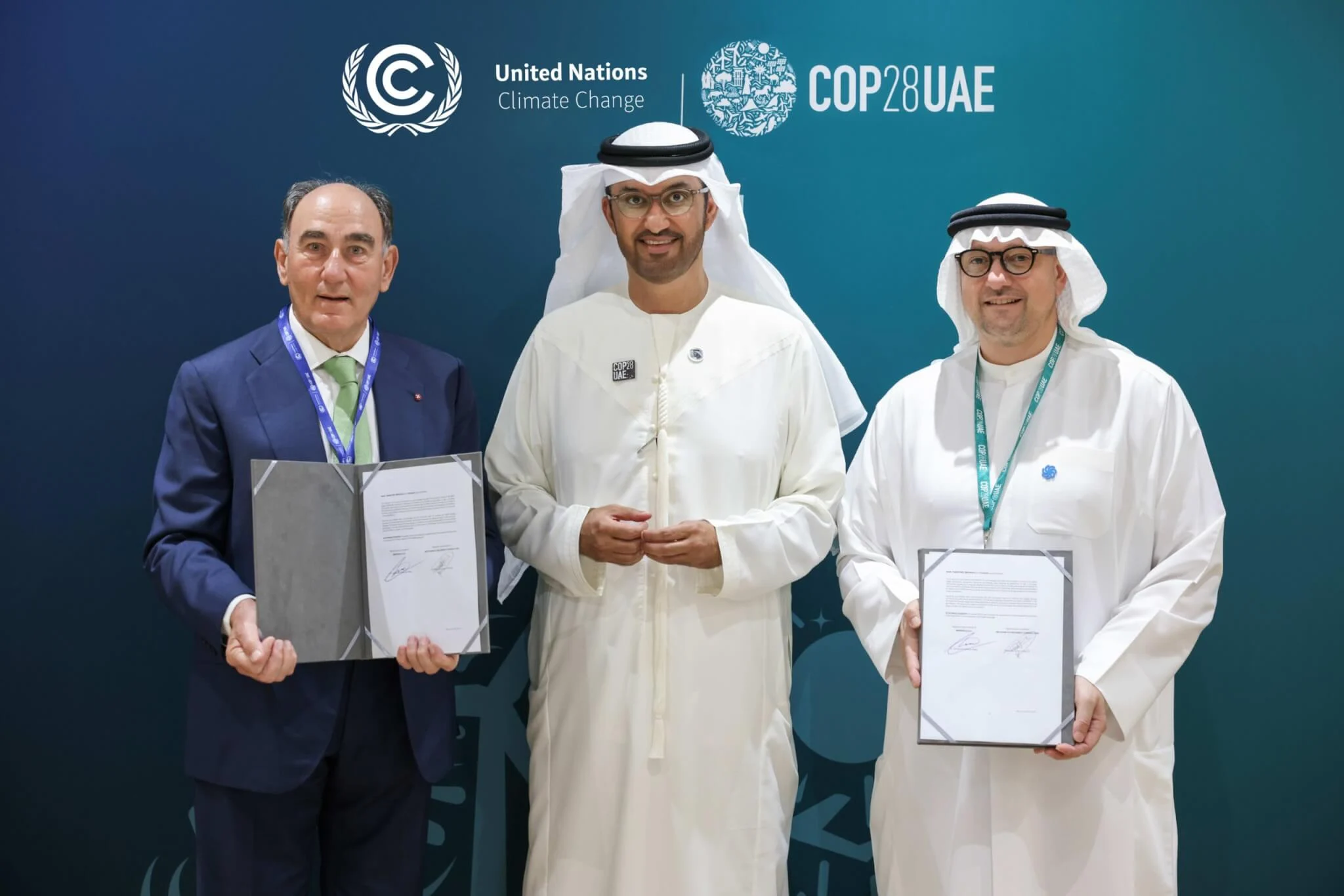Toyota and Lexus Offer Lower Emissions EV Charging Program
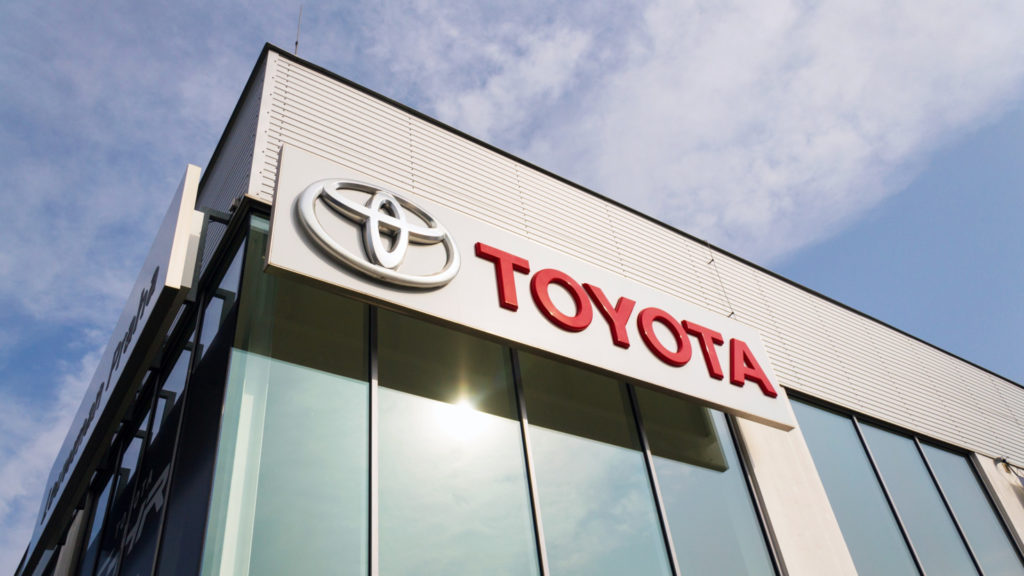
Agreement with WattTime will allow Toyota and Lexus customers to identify ideal times to charge electrified vehicles to help reduce impact of CO2 emissions
- Toyota and Lexus battery-electric vehicle (BEV) and plug-in hybrid electric vehicle (PHEV) customers can identify key charging times with less health and environmental impact using WattTime’s technology
- ECO Charging feature integrated for use at no extra charge into Toyota and Lexus apps as part of Remote Connect for customers with eligible vehicles
Aligning with its goals to provide energy solutions for customers while working toward making cleaner energy sustainable and resilient for all, Toyota Motor North America has recently entered into an agreement with WattTime to provide certain health and environmental impact data to Toyota and Lexus customers with eligible vehicles to enable them to find ideal charging times to reduce emissions when charging at home. By using this data to make more informed decisions on charging times, customers are empowered to do their part to help reduce power plant emissions that impact human health and climate change.
Leveraging the power of the Remote Connect feature within the Toyota and Lexus apps, Toyota and Lexus BEV and PHEV customers will be able to manage their home charging experience, via the ECO Charging feature, to select the most efficient times to charge their vehicles.
“With the integration of WattTime data in the Toyota and Lexus apps, we are providing customers an easy and accessible way to identify times when they can charge their vehicle that help reduce environmental impact,” said Steve Basra, group vice president, Connected Technologies, Toyota Motor North America. “The Toyota and Lexus apps offer a seamless and simple solution for our customers, and we’re confident this will enhance their electrified vehicle ownership experience.”
WattTime is a nonprofit organization founded in 2014 that provides information to everyone from power utilities to individual users on the best forecasted times to pull electricity from the grid for the smallest carbon footprint. As part of its agreement, Toyota will be the exclusive automotive manufacturer to also provide customers with WattTime data related to human health. Using that data, customers will be presented with recommended charging schedules that, if used, can potentially reduce the health impact of the electricity being pulled from the local utility.
“Our electrified vehicle customers select our vehicles not only to enjoy a best-in-class customer experience, but also to make a positive impact on our environment and society,” said James George, general manager, Toyota EV Charging Solutions. “We will continue to provide solutions both now and in the future in support of Toyota’s goal of creating a carbon neutral society.”
“With the help of WattTime data, Toyota and Lexus have pioneered a feature in their phone apps to help customers identify when they can charge their electric vehicle with electricity coming from some of the cleanest power plant options available,” said Gavin McCormick, executive director of WattTime. “It’s a powerful step to protect the planet – and everyone on it.”
See related article: Toyota Launches Updated North American Environmental Sustainability Website, Publishes 2022 Annual Report
How does it work?
Customers who own eligible vehicles can download the Toyota or Lexus app and register their vehicle, and then they can choose to opt-in to the Remote Connect service through the app. The Toyota and Lexus apps will take the electricity forecast data from WattTime and combine it with the customer’s own charging and mobility requirements to propose a charging schedule through the ECO Charging feature. The optional schedule will be presented to them through the customer’s existing account on their app. Customers may use the data to align their charging schedule with the times of day that will offer the best potential for a reduced carbon footprint and impact on health.

The ECO Charging feature is available now on the Toyota and Lexus apps, both of which are available for download for iPhone or Android smartphones.
Last year Toyota launched the all-new BEV crossover, the bZ4X. Toyota also offers PHEV vehicle options with the Prius Prime and RAV4 Prime. Lexus’ all-new RZ 450e BEV will go on sale early this year. In addition, Lexus offers PHEV options in the NX 450h+ and the forthcoming RX 450h+.



